June 2013, a flash of lightening followed by roaring thunder struck fear in the hearts of locals across Uttarakhand. The flash floods caused by a cloudburst along with heavy rainfall completely decimated several parts of the state. Uttarakashi, a district in Uttarakhand, happened to be one of the worst affected regions. It was here that Mr. Harshit Sehdev started his selfless journey to ensure that no person would have to face hardships the way the villagers of Uttarakashi did.
What started as a philanthropic initiative soon took shape of a startup venture which focused on providing remote villages of Uttarakhand the opportunity to make their livelihoods by promoting their salts & spices prepared with indigenous Himalayan herbs all over the world.
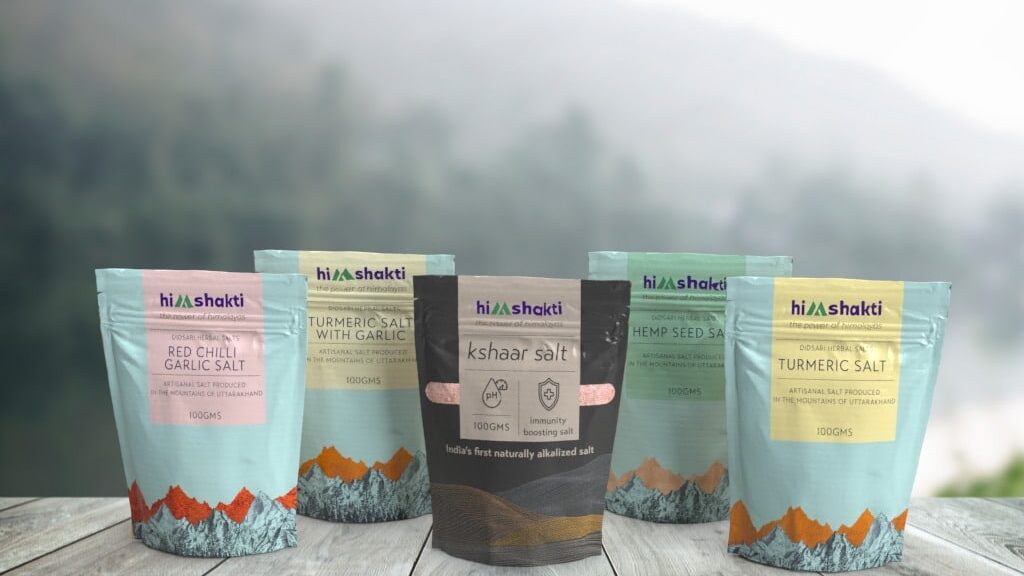
Background
Sehdev graduated with a B. Sc from HNB Garhwal University in Uttarakhand following which he joined the Ramakrishna Ashram. At the Ashram, he found himself drawn to traditional Indian teachings and was inspired to learn more about Indian philosophy. He spent some time working as a Value Education faculty at the Ashram before pursuing a M.A. in Psychology through IGNOU. Sehdev also received Life Coaching certifications from Western organizations like the Franklin Covey Institute, Mind & Heart Foundation and International Coach Federation.
His work as a Value Education trainer took him across the country. He was exposed to various parts of Punjab, Chhatisgarh, Arunachal Pradesh and several other regions of North India while conducting workshops for people from all walks of life, be it students, teachers and even parents. Sehdev simply took pride in the fact that he was doing work that benefitted his country.
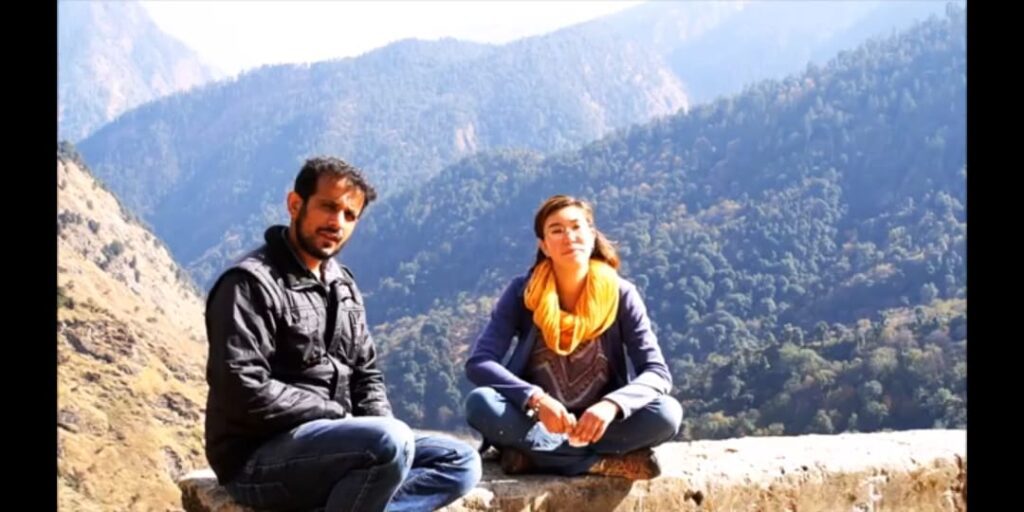
His first experience in a flood affected region came in 2012, during the floods that ravaged Uttarakashi. Sehdev was a part of a relief team from the Ramakrishna Ashram that was working to help the locals affected by the flood to get back on their feet. He spent nearly two months living in the region, providing the villagers with assistance in any way that he could.
Philanthropy
June 2013, once again, saw severe flooding in Uttarakashi with hundreds of people losing their properties, roads being completely destroyed, bridges being washed away. However, this time around, Sehdev was on his own. The Ashram was tied up with developing hostels in Kedarnath to provide housing to the people in that area. The Ashram still backed Sehdev, encouraging him to go on and assist the villagers to the best of this capacity.
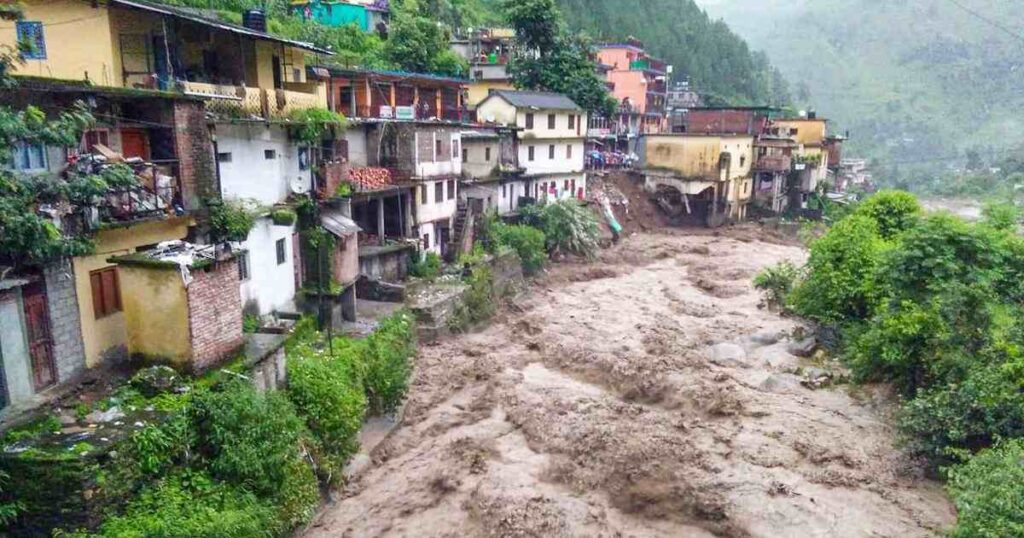
With a desire to do something for the villagers, Sehdev asked an ITBP personnel to take him to the village worst affected by the floods. This village was Didsari. Living with the villagers, Sehdev found that the village was simply disconnected from the rest of the country. Even in the case of medical emergencies, a patient would have to be carried nearly 5 km to an ambulance waiting across the Bhagirathi river. Bridges were washed away and the already underdeveloped transport infrastructure was further demolished by the floods.
Villages in remotes area in Uttarakhand always have the problem which is lack of connectivity and lack of opportunities, shares Harshit
Urging locals to come together, Sehdev organized a movement to pressurize the local government agencies to take action and ease the villagers’ predicament. The villagers responded positively to Sehdev’s initiative and raised their voice to force the government’s hand. By 2015, Didsari was finally connected to the surrounding region with bridges and an adequate road network.
However, connectivity was only a part of the battle, with Sehdev soon realizing that he needed to provide the people of Didsari with a means of livelihood. The lack of jobs in the region had made it extremely difficult for the locals, primarily farmers, to sustain themselves. And hence, HimShakti was born.
Local were migrating to cities and there were a lot of ‘Ghost Villages’ all over Uttarakhand due to the lack of opportunities
The inspiration behind HimShakti
In 2018, Ando Cloe, a French adventure enthusiast with a degree in architecture learnt about Sehdev’s work in Didsari. Cloe contacted Sehdev, stating that she wanted to visit the village and help improve the living conditions of the people there. Although Sehdev had been successful in improving connectivity to and from the village, livelihood opportunities were still limited. After brainstorming over a hundred potential ideas and opting against starting yet another NGO in the region, one day the idea of HimShakti just clicked.
NGOs are very common in the region, there are a lot of organizations working on providing relief assistance to the villages. We wanted to create something sustainable, where villages themselves could become self-reliant and create opportunities for themselves
Sehdev and Cloe were having a meal with one of the local villagers when they realized that the salt seasoning used by the locals was one of a kind. They used a variety of herbs and other condiments found in the region, along with locally sourced rock salt and crushed it using a mortar and pestle to create a truly unique seasoning.
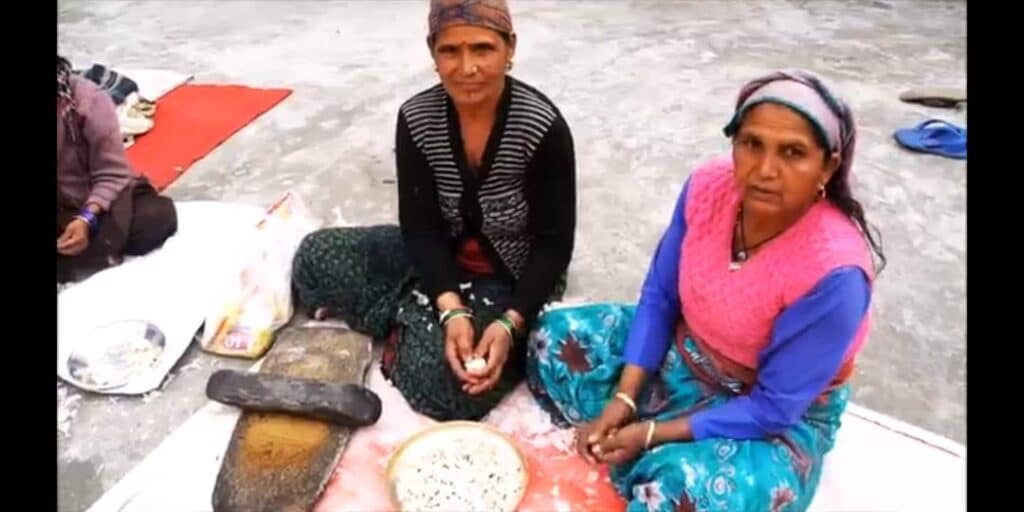
With the idea for their first product in hand and with an initial investment of just Rs. 10,000, Sehdev began selling HimShakti’s Didsari ‘Flavoured’ Salt. He promoted this traditional recipe from Uttarakhand by marketing it’s health benefits and nutritional value apart from it’s unmistakably unique taste. Sehdev’s goal with HimShakti was to provide a modern outlook to general consumers on these regional recipes by properly branding it and explaining the health benefits clearly to customers. Moreover, as trade routes between Uttarakhand and Tibet have slowly been cut off, the quantity of salt sourced from Tibet has dwindled. This has led to a further increase in the popularity of Didsari salts.
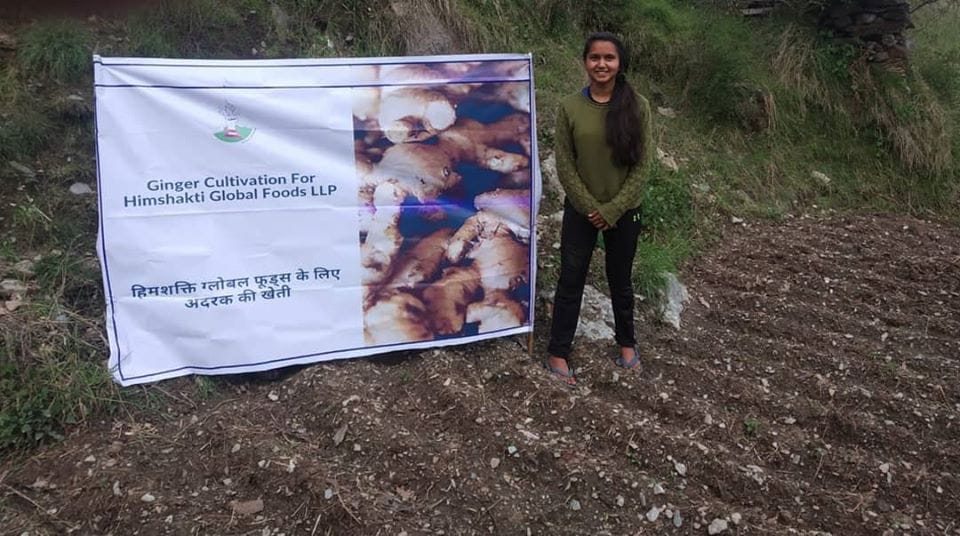
As HimShakti’s customer base grew, Sehdev expanded the scope of production to include farmers from surrounding villages as well. He has made it a point to provide all possible support to the local farmers, providing them with seeds, offering contractual farming business and even providing direct market access to the locals to ensure that they have a consistent stream of income.
Milestones and Future Scope
With more people gradually learning about Didsari Salts, HimShakti has slowly been gaining popularity in several parts of India. Sehdev mentions also having received orders from individuals outside the country as well, which is indicative of just how good these seasoned salts are.
The brand has since been affiliated with several celebrity chefs who have publicly endorsed their salts and used it in many of their signature recipes. HimShakti has also partnered with Jaypee Manor in Mussoorie as well as JW Marriot. While HimShakti currently supplies their products to two JW Marriot branches, plans have been put in place to make HimShakti products available in each one of their hotels across the country.
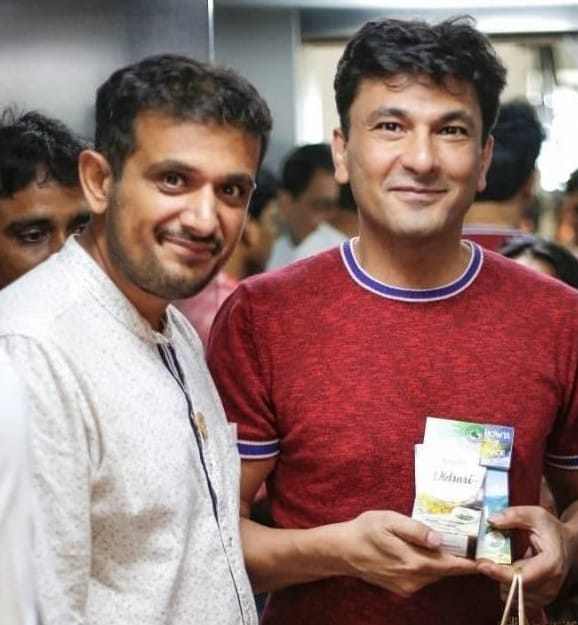
Sehdev has recently received offers from multiple investors, including even a government PSU. HimShakti takes pride in the fact that all of the raw materials, salts, herbs, condiments, etc. used in their products are all locally sourced on Indian soils. It has always been Sehdev’s desire to provide the people of Didsari with global recognition for their indigenous recipes while also raising their standard of living.

